SUSTC-Shenzhen/Human Practice/Survey
From 2014.igem.org
Survey
Contents |
Our project is about dealing with retrovirus. Human immunodeficiency virus (HIV) is the most well-known retrovirus that causes the acquired immunodeficiency syndrome (AIDS). As the project progressing, we learn that patients got diseases caused by retrovirus such as AIDS and Hepatitis B not only suffer from the illness but also have to bare the discrimination from people around them sometimes even their own family. So we designed an online survey to evaluate stigma and discrimination to HIV/AIDS. We also put questions about gene treatment in it. We collected 2211 answers in about one month. 410 answers were from our school and other 1801 answers were from the society. The survey is in Chinese, since most of the general public in china are not able to understand the English version of the survey. We use a professional online survey website “sojump”, in which there are 3,890,000 people publish their survey and 127 million participants in total.
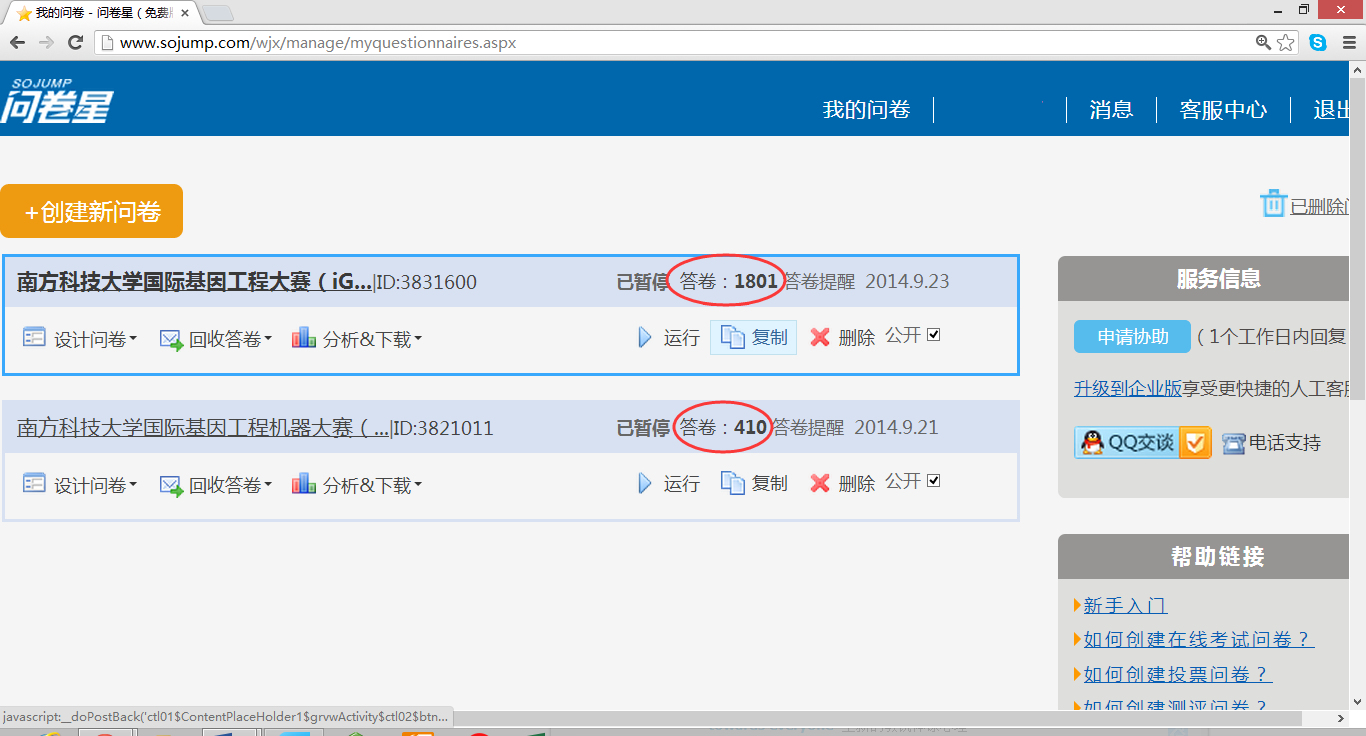
Introduction
Stigma and discrimination have become a great barrier to timely treatment of the people living with HIV/AIDS (PLHIV). There are several forums about HIV. In one of them named “afraid of AIDS”, there are 15,335 people paying attention to it and there are 1,149,664 posts in total. It implies how large the number of people who doubt they are infected with HIV is. The opinions of people including themselves affect the PLHIV a lot. We think it’s necessary to know the attitude of them. As we know, HIV can be suppressed by taking medicines on time for long term. In china, the basic medicines are free for PLHIV. So we are also very curious about whether people would try the relatively high-risk gene treatment compared with traditional treatment if they are living with disease like HIV/Aids.
Before the results analysis, we have to point out some of the methodological flaws in our survey. When we are spreading the survey, most of the time, the linking information is sent to some forums related to HIV or AIDS. Considering they are members of these forums, they may have more knowledge about AIDS than normal public. However, more fraction of PLHIV participate in our survey estimated, a more reliable statistics about their opinions towards gene therapy we got .
The two versions of surveys will be analyzed separately. The questions about participants’ basic information are not included in the SUSTC version. Because most of the students in SUSTC have similar conditions.
Results Analysis
The following are the survey results for the public. We received 1811 answers in total but about 76% of the participants are male. We think it might because we posted this survey on most of the AIDS related forums, discussing groups and other platforms that involve people who are most-at-risk for HIV than elsewhere. Among them many are men having sex with men. Thus there are more male than female to help us complete the survey. People who are between eighteen to fifty years old are dominant in this survey because people whose age under eighteen or beyond fifty doesn’t seem to get information from the Internet.
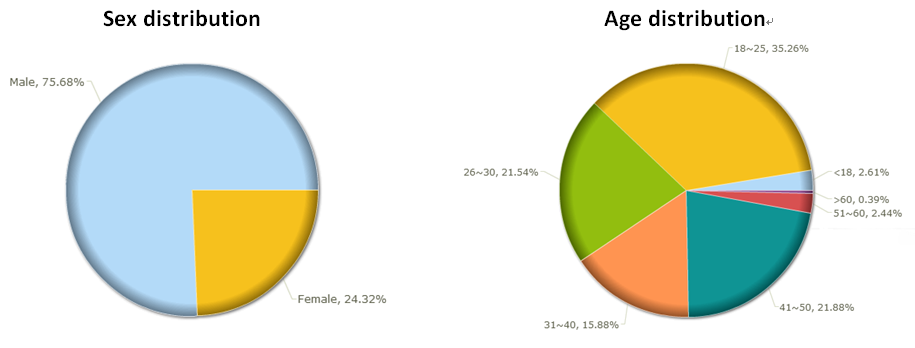
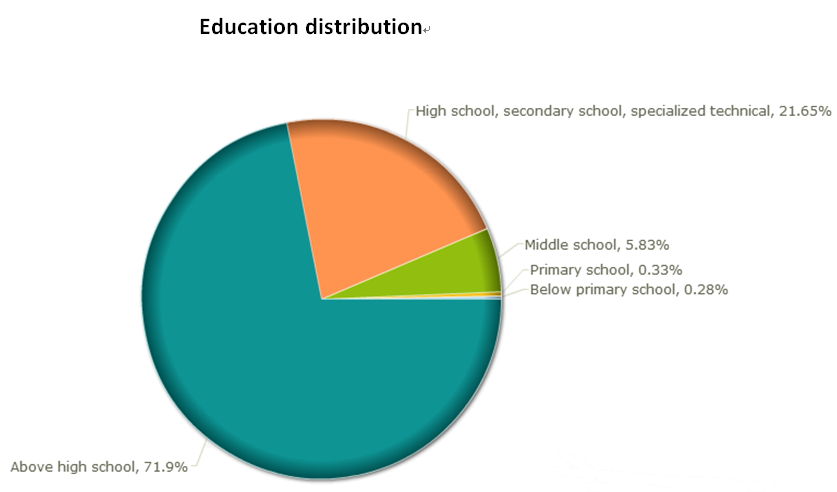
Almost all the people are from China and Han ethnic group. Because the survey is written in Chinese and Han is an ethnic group makes up most of the population in China (Over 90%).
The participants have relatively high education degree. This means we got a large number of results from well-educated people and they are more likely to have an objective opinion. And know more about the basic knowledge about HIV and AIDS.
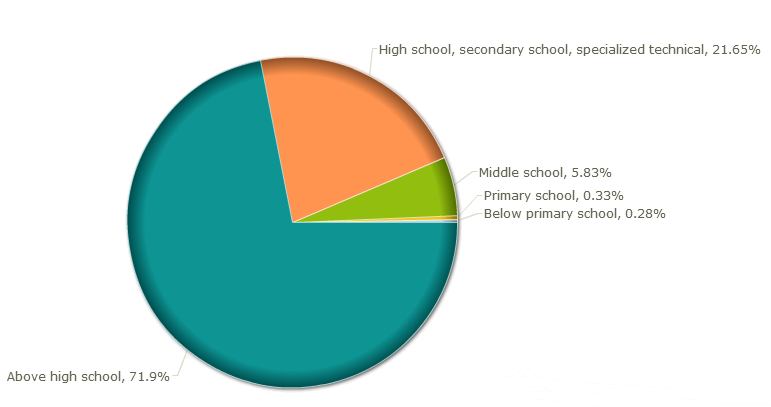
General Knowledge
There are six questions about the general knowledge of HIV and AIDS. From the results, most of the people master the general knowledge quite well. This may because 70% of the participants received education of high school or above.
From the cross analysis of education and the first and second question, we can see the correct rate is highly related to the education degree of the respondents. But the limited number of the people with poor education may affect the reliability of this conclusion. With the same approach, the correct rates of both questions are not relevant to sex and age. It reflects that we should enhance the education of detailed basic knowledge besides the transmitting pathways for the primary school and middle school from the statistics of these two questions.
The third question shows that 41.98% participants think they will get HIV. It verifies the guess mentioned before that there are many people with more knowledge about HIV/AIDS than the public.
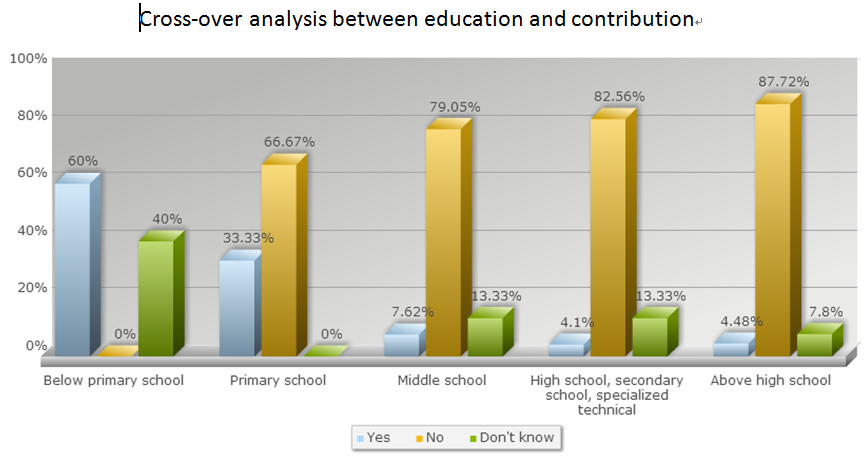
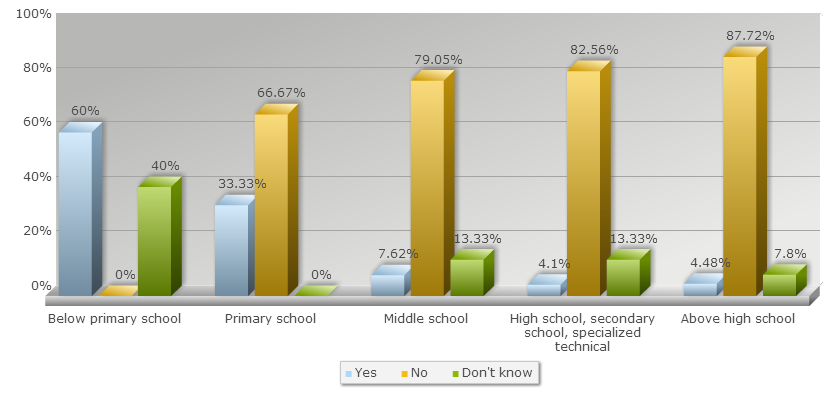
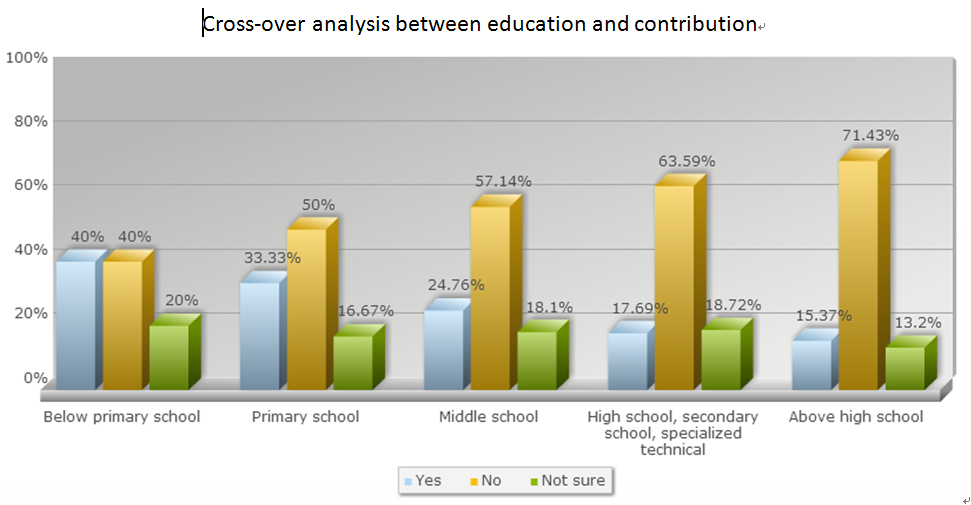
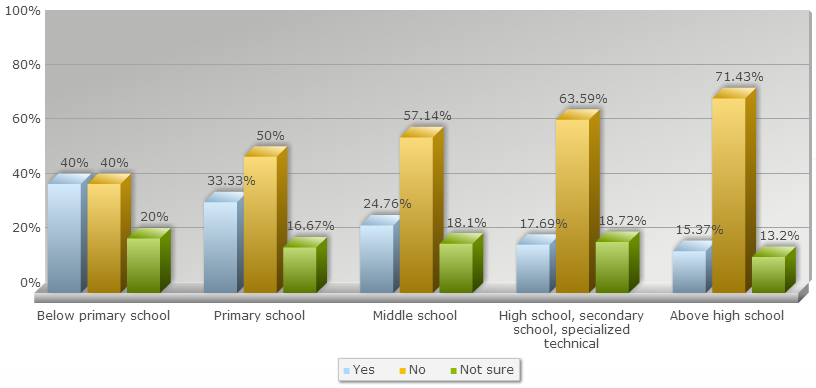
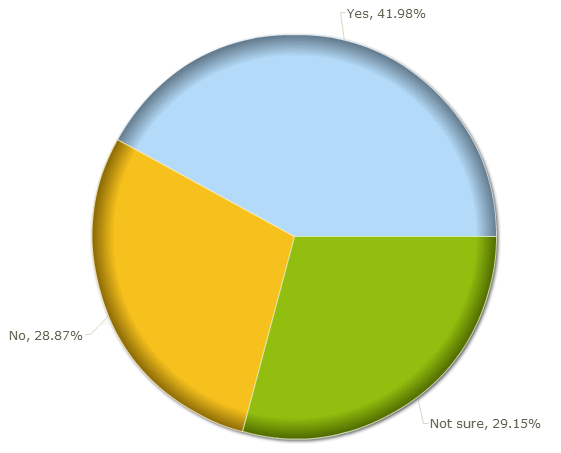
Among the five questions, three are basic knowledge about HIV transmitting pathways. The correct rate decreases compared to the last question. By noticing that discrimination are highly related to the fear of getting HIV, we should enhance education of what kinds of behavior will increase the risk. And individuals won’t get infected through ordinary day-to-day contact. But we should also see that the young people get higher correct rate compare to the old. There is no significant reliability between the correct rate to sex and education. Thus we can conclude that knowledge about HIV transmitting should be most emphasized among the old from the three-question results.
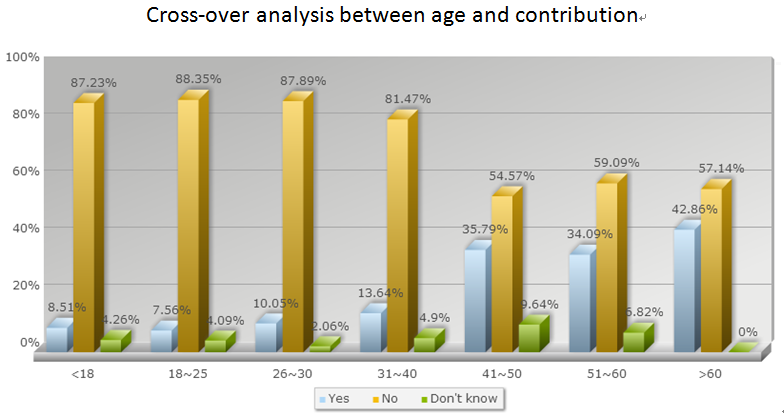
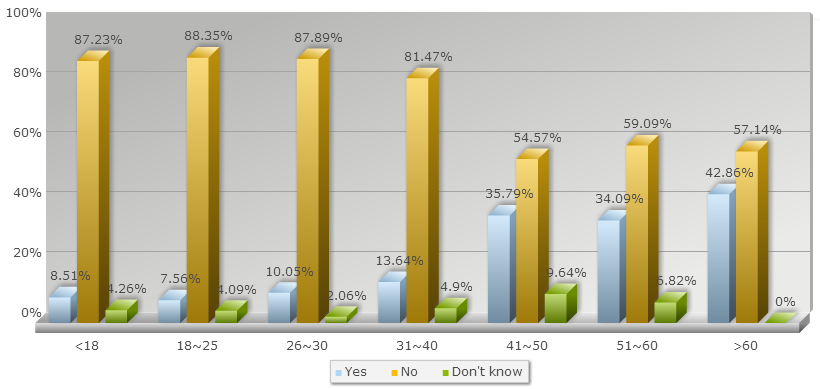
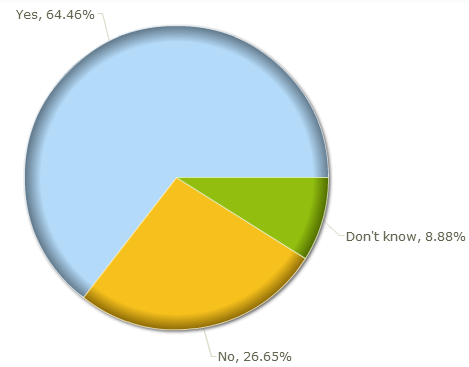
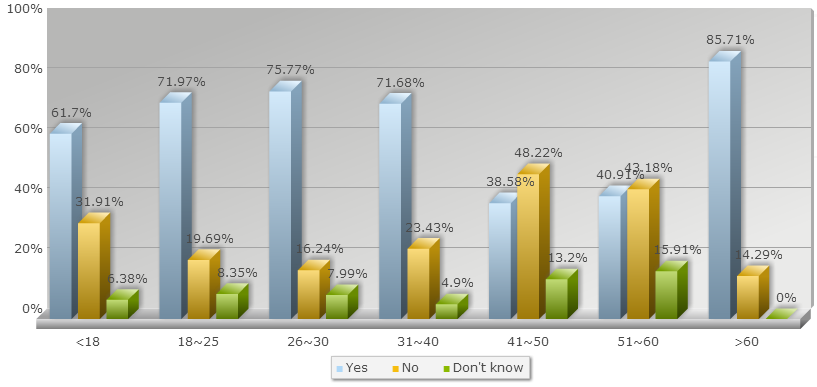
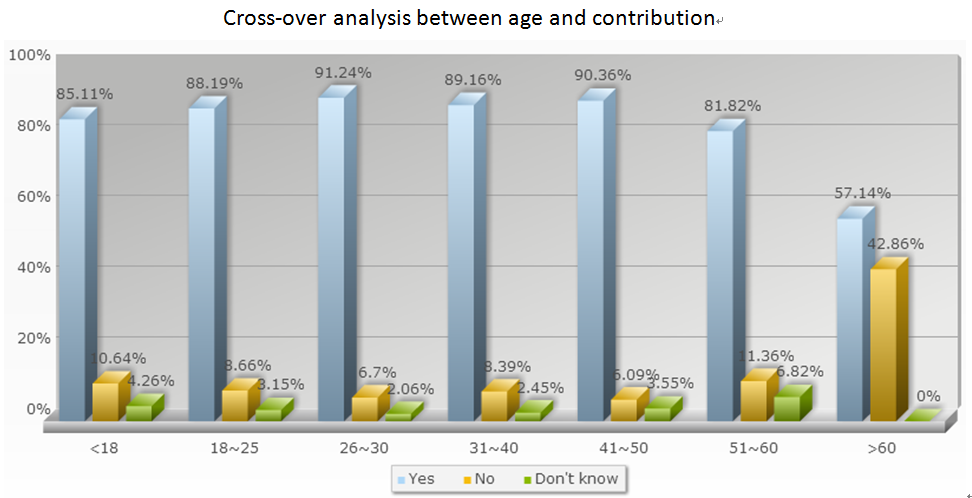
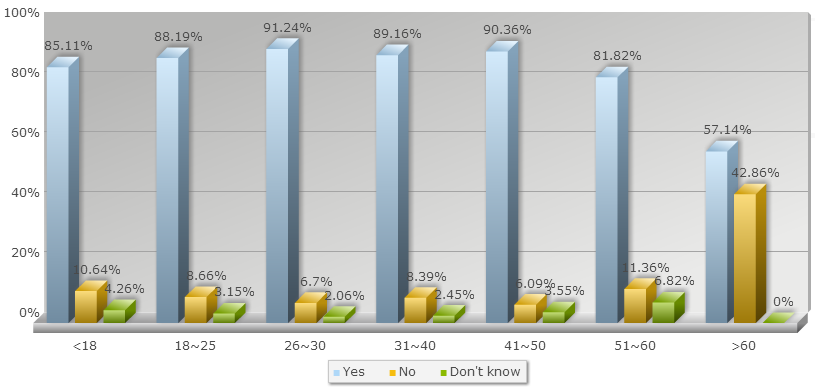
Social Rights
There is one question about social rights for the PLHIV. 44.92% people feel uncomfortable when their neighbor is HIV infected though most of them got a high correct rate in the general knowledge part. According to the cross analysis, female care more about the neighbor about 10 percent higher than male. The results are also slightly related to the age, people over 40 are more likely to be uncomfortable about the neighbor. Age and Education don’t affect the results significantly.
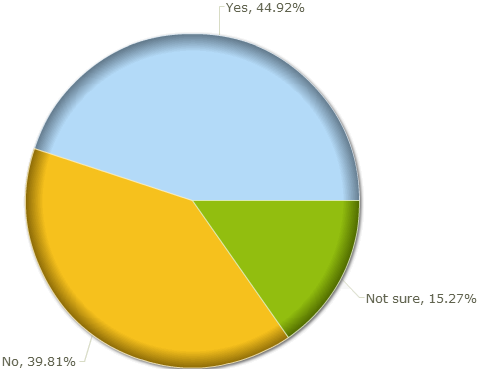
Legal Rights
There are two questions related to the legal rights of PLHIV. Most of the people tend to stick up for their rights. Cross analysis for these two are related to age and sex. The older the higher the percentage of choosing neglect PLHIV’s legal rights. And male are more likely to so. While education doesn’t affect a lot.
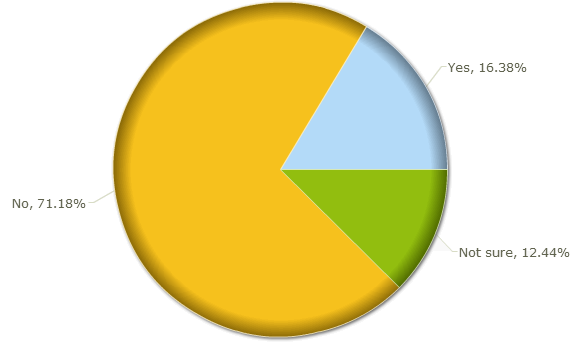
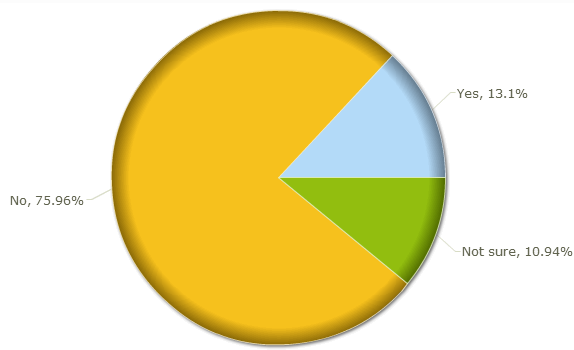
Confession
We designed one question to investigate whether PLHIV would confess their condition to their sex partner. It turns out that most of the people will choose to confess their condition. It’s not related to any of the factors obviously.
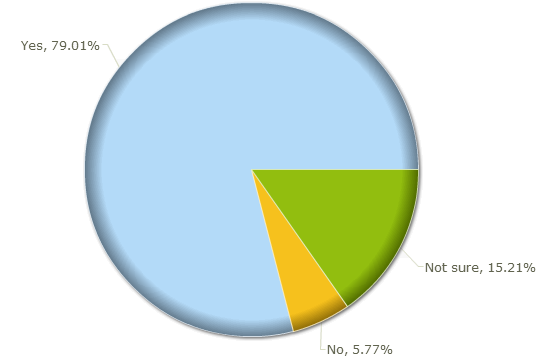
Gene Therapy
We added two questions about gene therapy. The acceptance of the public especially the affected people is so important that it can affect the progress of a specific therapy. We are very worried about it because we are trying to use genetically modified bacteria to cure diseases. So we asked the questions in an indirect way.
The outcome surprises us a lot. Over 80% of the people express that they can accept the foreign gene introduced to their body and 84.68% of the people would like to try the gene therapy. Partly because there is still stigma and discrimination towards PLHIV lowering their life quality. Even though we got these statistics, there is still a long way to go. It will be our great honor if we can contribute a little to this progress.
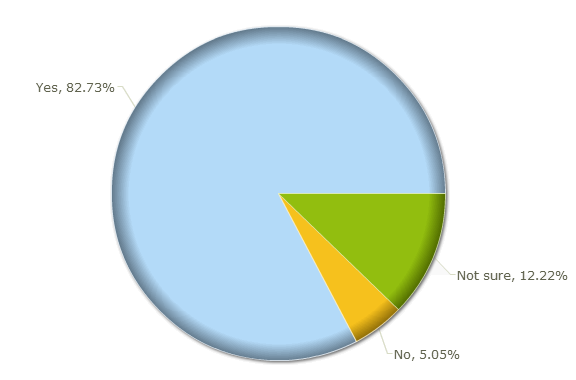
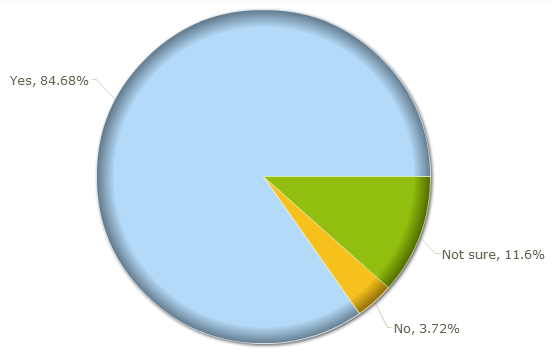
Because the lack of basic information about the participants in the in-school version, the results are present here (超链接到结果).
Supervisor: Msc Hui Li helped us a lot in designing and collecting the survey. And she is so generous to post the links on her Wechat public platform and provide free consulting chance for the people who completed the survey.
Msc Hui Li is the chief of AIDS Prevention Department in Center of Disease Control in Shizhong District, Jinan, Shandong Province. She has worked in this area for more than 10 years and has received many awards for her distinguish achievements. She is also very enthusiastic in promoting common senses about AIDS in puclic places like Baidu Bulletin and Wechat platform.
 "
"